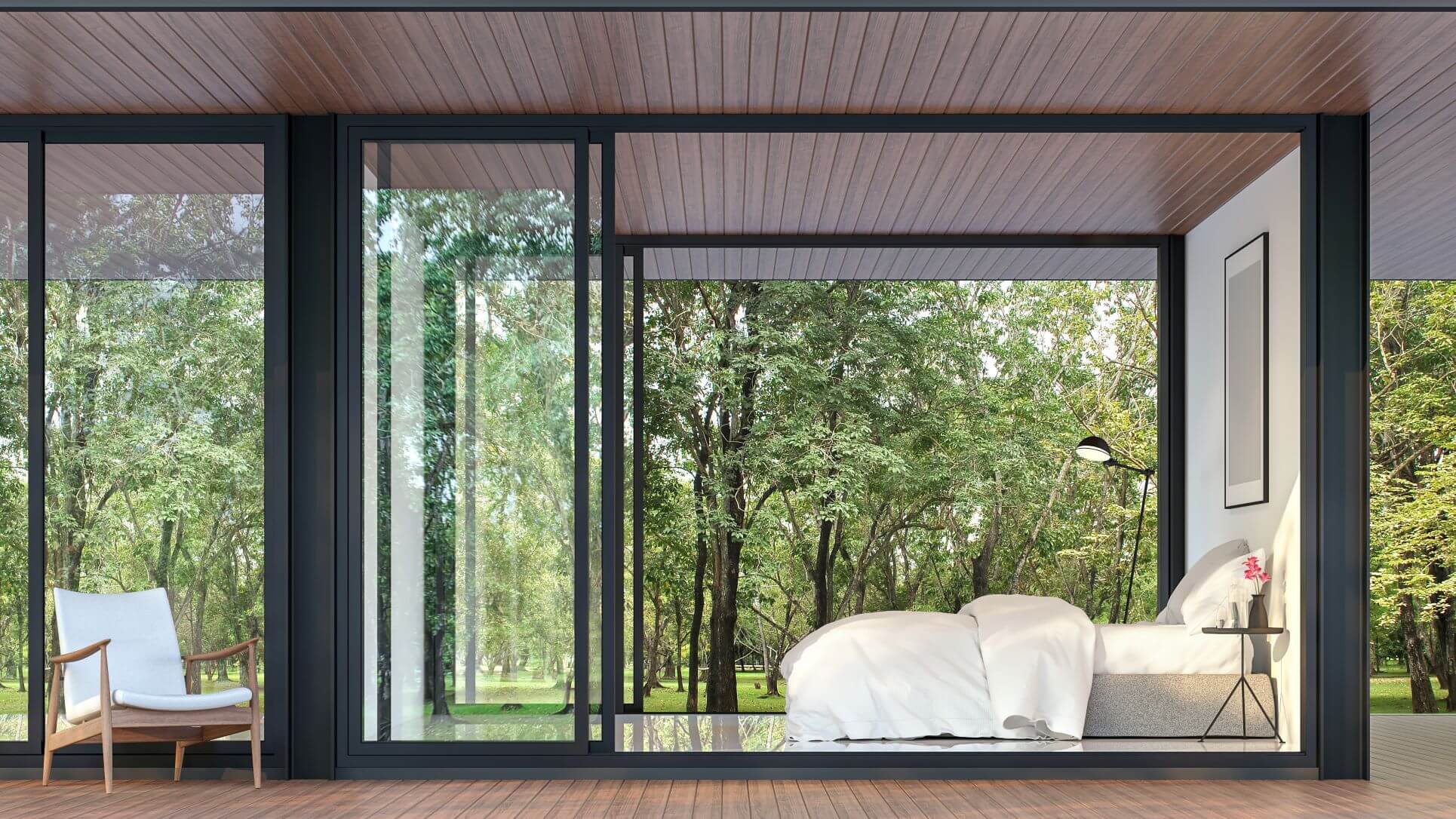
In the world of home improvement, two of the most compelling options for increasing living space are garden rooms and home extensions. Both offer distinct advantages and unique drawbacks. If you're deliberating between the two, this guide will help you make an informed decision.
What Are Garden Rooms?
Garden rooms are standalone structures that are separate from the main house. They're often used as home offices, hobby rooms, guest suites, gyms, or even home cinemas.
What Are Home Extensions?
Home extensions, on the other hand, are additional structures attached to the existing house. These extensions can serve a variety of purposes, such as enlarging a kitchen, creating a new living area, or adding extra bedrooms.
Comparing the Two
Let's break down the differences and compare these options in terms of cost, planning permission, construction time, flexibility, and impact on property value.
Cost
Typically, garden rooms are the more affordable option. They are pre-designed, come in a range of sizes and styles, and the price usually includes installation. On the contrary, home extensions involve more complexity in design and construction, often requiring the services of an architect, which can significantly drive up costs.
Planning Permission
Garden rooms often fall under 'permitted development rights,' meaning they frequently don't require planning permission unless they exceed certain size restrictions or if the property is in a protected area. Home extensions, on the other hand, often need planning permission and must comply with building regulations, which can add time and complexity to the project.
Construction Time
A garden room can usually be installed in a matter of days or weeks, depending on the complexity of the design. In contrast, a home extension can take several months to complete due to the intricacy of merging the new structure with the existing one.
Flexibility
Garden rooms offer more flexibility as they can be repurposed more easily. For instance, a garden room that starts as a home office can be later converted into a guest suite with minimal disruption. Home extensions, on the other hand, are more permanent and changes to their use can require significant work.
Impact on Property Value
Both options can increase property value, but this varies based on quality and integration. A well-executed home extension that seamlessly blends with the existing structure can significantly enhance a property's value. Similarly, a high-quality garden room can also add value, particularly if it offers a versatile, well-designed space.
Making the Choice
Choosing between a garden room and a home extension ultimately depends on your specific needs, budget, and long-term plans.
If you need an additional space quickly, with less hassle, a garden room could be the ideal solution. It offers flexibility, is generally less disruptive to install, and can fit many budgets. To simplify the process, consider using services like 'Best Garden Room'. This company can help you find the best local garden room providers, compare quotes, get advice, and make your dream garden room a reality.
On the other hand, if your goal is to expand the main living area, create more integration between spaces, or significantly increase your property value, a home extension may be the more suitable option.
Always consider factors such as the available space, the purpose of the additional room, local regulations, and the impact on your property's value before making a decision. Consulting with a professional architect or builder can also provide valuable insights based on your property's specific circumstances.
In the end, whether you choose a garden room or a home extension, either option can provide a great way to enhance your living space, increase the functionality of your home, and potentially boost your property's value. It's all about finding the right fit for your lifestyle and needs.
Thanks for signing up to Minutehack alerts.
Brilliant editorials heading your way soon.
Okay, Thanks!